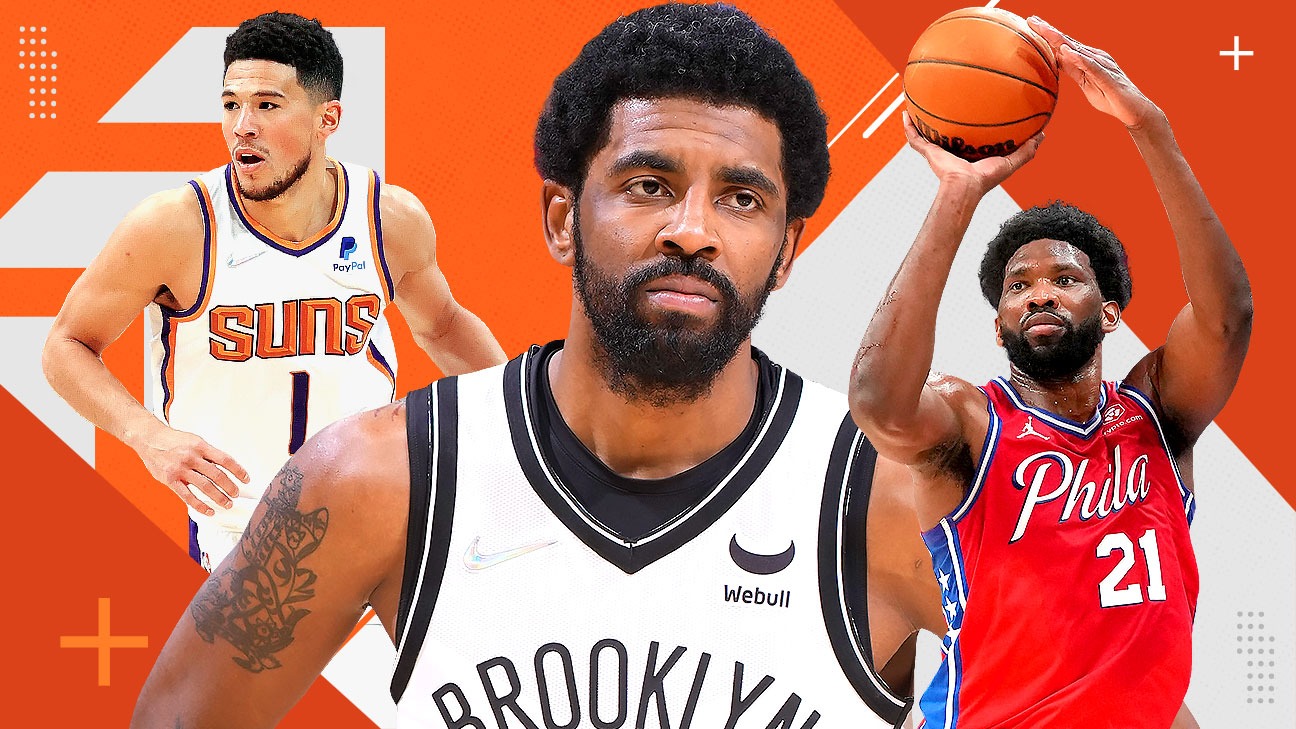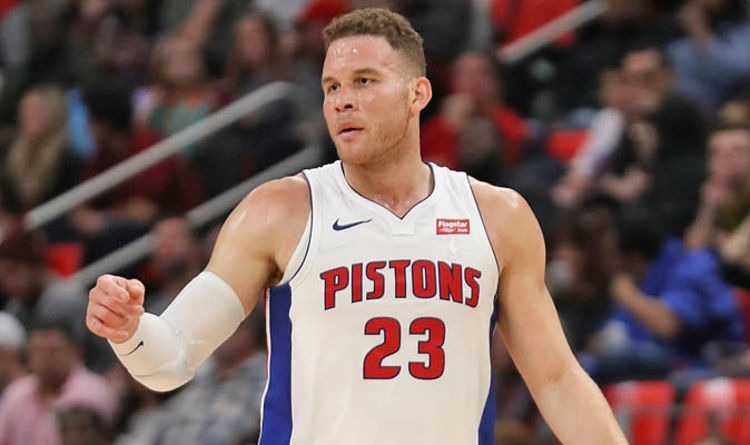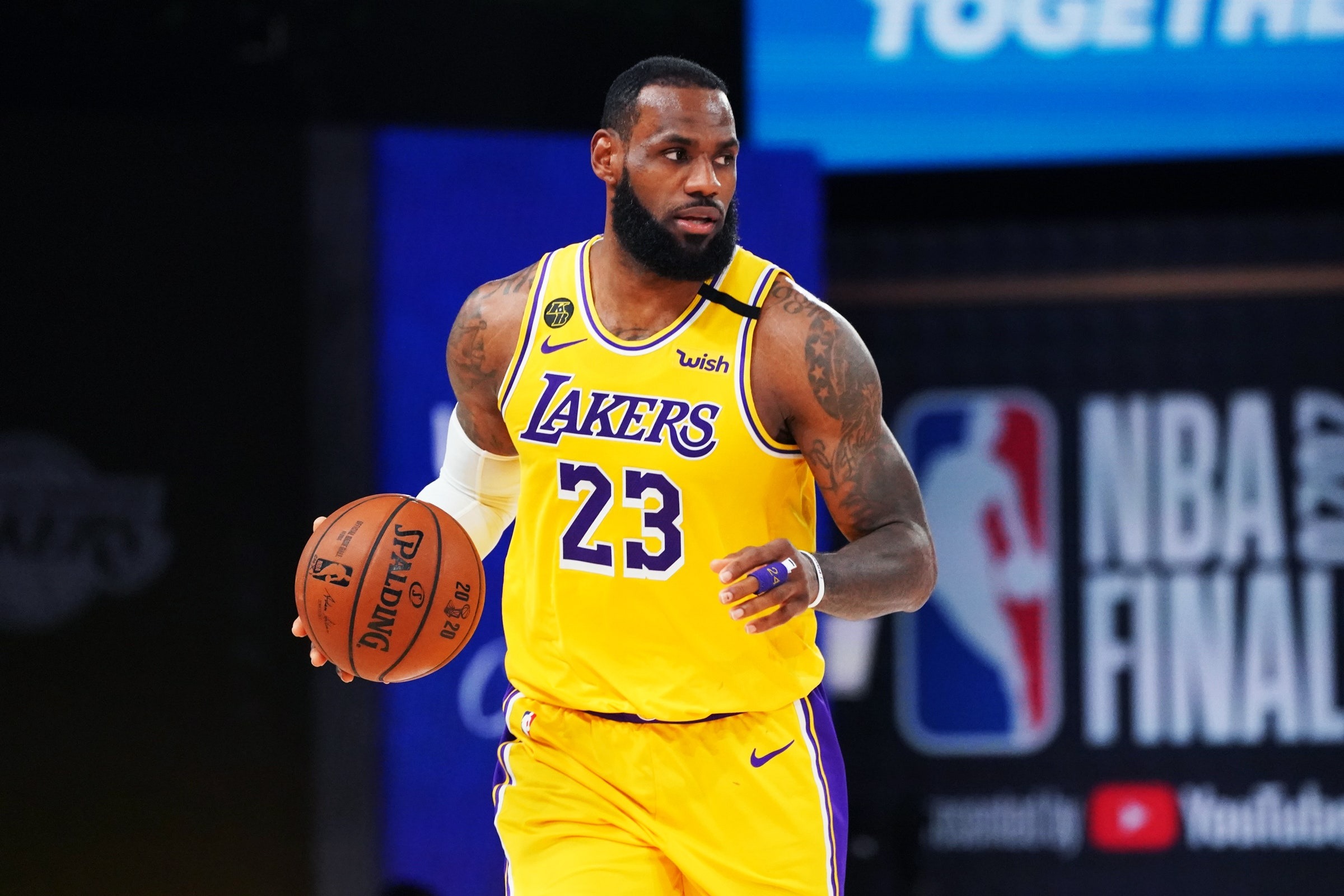Though the NBA’s official trade deadline is Thursday afternoon, Tuesday provided plenty of fireworks.
C.J. McCollum is off to New Orleans, while the Kings and Pacers swapped Domantas Sabonis for Tyrese Haliburton and Buddy Hield. Let’s make sense of a wild day of transactions.
Pelicans get better today and tomorrow
- Incoming: C.J. McCollum, Larry Nance, Tony Snell
- Outstanding: Josh Hart, Nickeil Alexander-Walker, Tomas Satoransky, Didi Louzada, top-four protected first-round pick, two second-round picks
McCollum wasn’t for everyone. His size, defensive limitations, modest overall efficiency, and his age (30) make that a steep price tag. It’s also harder to build a contending team when a flawed star is taking up such a sizeable chunk of the salary cap.
But for a team both looking to win now and build continuity around its younger stars, McCollum makes sense. Enter the Pelicans.

The veteran shooting guard also fits from a basketball perspective. The Pelicans have been starving for competent guard play and needed to get Brandon Ingram some help when it came to additional scoring, playmaking, and general offensive creation. McCollum, who’s averaging more than 20 points per game for the seventh consecutive season, can soak up a ton of possessions and ball-handling duties.
His aversion to the free-throw line and reliance on jump-shooting mean McCollum has never been dramatically efficient. However, even average efficiency – which McCollum has always provided (55.2% career true shooting) – is impressive given the kind of offensive volume teams can expect out of him.
He’s also a strong off-ball browbeat who should make Ingram’s job easier in the short term and plans to play well off of Zion Williamson in the long term – provided the big man can stay healthy. It’s also easy to envision McCollum and starting center Jonas Valanciunas developing immediate chemistry on the pick-and-roll. Valanciunas’ screens and rolling gravity should help McCollum get some easy looks; the guard’s shooting gravity and Valanciunas’ finishing will make them a formidable combination when plays end in the big man’s hands.
There are still plenty of defensive questions to ask of this roster – Nance can help address some of them if and when he returns from his knee health-issue – but New Orleans improved its overall talent level while finding a scorer who fits and is under team control for a couple more years. They didn’t exactly sell the farm to do it, either.
Admittedly, moving a first-round pick, a solid two-way player on a fair contract (Hart), and a youngster with upside (Alexander-Walker) when his value was at its lowest doesn’t seem like the prudent thing to do. It also reeks of the same, mediocrity-chasing endeavor that got the Pelicans into trouble during the Anthony Davis era. But this is different.
For one, given the bevy of additional draft picks at New Orleans’ disposal, the team is dealing from a position of draft-capital strength, and the first-rounder included in this deal had already been conditionally traded to Charlotte anyway. (The Hornets get the pick if it lands between 15 and 30; the Blazers get it if it’s 5-14; the Pelicans keep it if it’s 1-4, at which point Portland gets a future first-rounder and Charlotte gets a future second-rounder).
Much of the current focus is understood on Williamson’s health and long-term happiness in New Orleans, but there’s also something to be said for rewarding Ingram’s play and getting the young star who already has committed his future to the team some immediate help.

Pacers strike gold in Haliburton
- Incoming: Tyrese Haliburton, Buddy Hield, Tristan Thompson
- Outs: Domantas Sabonis, Jeremy Lamb, Justin Holiday, second-round pick
Between returns for Sabonis and Caris LeVert, the Pacers might be the early winners of deadline week.
Thirteenth-place Indiana was going nowhere in the present, and the partnership between big men Sabonis and Myles Turner remained awkward, so moving at least one of the team’s bigs made sense. Sabonis is the better player, he arguably should’ve been named to his third straight All-Star team this season, and his contract runs a year longer. But all of that also meant he had greater value on the trade market.
Haliburton is four years younger, is only in the second year of his rookie-scale contract, and projects as a potential future star in his own right. The 21-year-old has averaged more than 17 points and nine assists on 60% true shooting over his last 24 games.
He’s a great shooter and playmaker who takes care of the ball when running the offense, can create for himself, and has the length plus defensive awareness to defend either guard position. Haliburton could pair well with the rim-attacking Malcolm Brogdon or could thrive with more responsibility in the event Indiana also trades Brogdon. The same goes for his inside-outside defensive fit with Turner should the Pacers keep him in the picture.
Don’t rule out the possibility of Indiana flipping Hield before Thursday’s deadline, either. Teams can never have enough shooting and creation in the playoffs, and if the Pacers can turn Hield into more picks and/or young talent, Tuesday’s Sabonis trade will look even better.
Regardless, given some of the underwhelming returns we’ve seen for good players so far this week, the Pacers did comparatively well in trading Sabonis and LeVert.
The Kings remain baffling
- Incoming: Sabonis, Lamb, Holiday, second-round pick
- Outgoings: Haliburton, Hield, Thompson
Sacramento walked away from this trade with the best player, but left it to the Kings to screw that up.
Though Sabonis is better than Haliburton right now, he’s not by a big enough margin, and he’s not the caliber of star a rebuilding team should be trading a talent like Haliburton for.
The deal is the kind of move a contender makes when they’re going all-in. You can justify the risk when the marginal upgrade might put you over the top. You’re not supposed to make that move when you’re a 13th-place team chasing the last play-in spot with other teams that are more than 10 games under.500.
The Kings might argue that if Sabonis’ play helps them end a 16-year playoff drought, it’s a worthwhile trade for the 25-year-old, two-time All-Star who still has some term left on his contract. But that’s exactly the kind of maneuver that has put Sacramento at risk of not found the playoffs for a 16th consecutive season.
And if the Kings are now set on continuing to build around De’Aaron Fox, then Sabonis’ poor shooting and defense also make him an imperfect fit with the team’s franchise cornerstone.
Hield probably had some deadline-related value in his own right as an elite shooter on a decent contract. If he wasn’t in the team’s plans, the Kings could have used him to acquire more future assets rather than using him as salary filler in a move that also jettisoned their best trade asset.

What are the Trail Blazers trying to do?
Incoming: Hart, Alexander-Walker, Satoransky, Luzada, top-four protected first-round pick, two second-round picks
Out: McCollum, Nance, Snell
If Portland’s goal is to replenish its supply of draft capital and future-minded assets in advance of a Lillard-less future, then the Blazers botched the last two moves by treating them as cost-cutting endeavors rather than asset-hunting opportunities.
If, as reported by ESPN’s Adrian Wojnarowski, interim general manager Joe Cronin is looking at these transactions as opportunities to clear the books in an effort to build a new, competitive team around Lillard this summer, then they’re delusional. but what NBA observer sane believes a star free agent like James Harden, Bradley Beal, or Zach LaVine is looking at Portland as a potential destination?
The Blazers would almost surely end up using their financial flexibility on free-agent leftovers who would bring Lillard right back into mediocrity.
What Portland should be doing now is preparing for life after Lillard, and using its newfound flexibility to further restore its cupboards.
Both Hart and Eric Bledsoe, who were acquired in the last four days, have non-guaranteed contracts beyond this season. The Blazers should be looking to turn around and flip both before Thursday’s deadline to extract draft picks and/or youngsters.
The same goes for what the Blazers should be looking to do with Jusuf Nurkic’s expiring contract. And instead of viewing their cap space as an opportunity to surround Lillard with more talent, Portland should use it as a summer slush fund for teams looking to tip bad contracts and receive picks for the privilege.
If the Blazers did that, they could accept reality and trade Lillard for a package that kick-starts a true rebuild. Then the wheels of a clear-headed future will be in motion.
Then again, don’t expect sensible moves from an organization that turned McCollum, Gary Trent Jr., and three first-round picks into a bunch of veterans that likely won’t be here next season, Alexander-Walker, and a first- and second-rounder.

